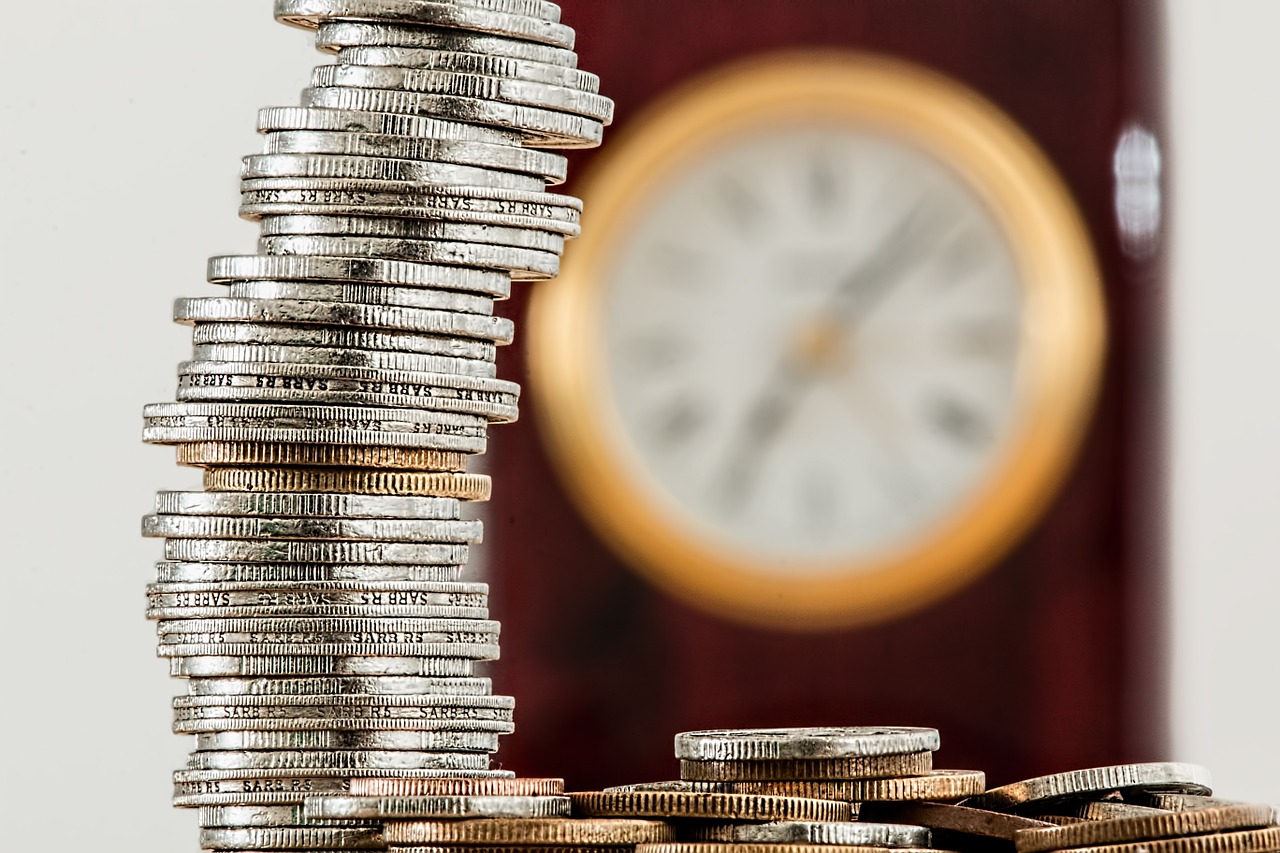Last Updated on: 21st November 2023, 09:07 pm
The pandemic, and the lockdown that came in response to it, has presented an existential threat to thousands of SMEs in the UK. To survive, business leaders have had to be creative and resourceful, and many of the changes they’ve made are likely to persist until long after 2020.
While the worst of the crisis now looks to be over, its long term effects are difficult to foresee. Some industries, like catering and events, have had a particularly rough time – while others, like online retailers, have actually enjoyed some success.
What Measures have been put in Place?
Businesses across the UK have taken steps to create a safe environment for both staff and customers. That means putting up signs warning visitors of the danger, marking safe distances on the floor using tape, and enforcing strict limits on the number of people on the premises at any given time. Along with the legal obligation for customers to wear facemasks while shopping or ordering from takeaways, these measures will help to limit the spread of the disease.
How have businesses made the most of lockdown?
Among the changes most likely to stick is the shift toward remote working. Allowing workers to work from home limits the number of people mingling with one another, and thus limits the opportunity for the virus to spread.
Enforced downtime also provides many businesses with the chance to reassess their operations, and to accelerate planned shifts toward a more digitised operations. For example, restaurants, pubs and shops might have invested in ecommerce solutions, and more efficient courier services like Parcel2Go.
Can we expect a recovery?
Now that the lockdown has been lifted, businesses are likely to benefit in the short term from a release of pent-up demand. For example, the car-buying public has been unable to visit dealerships and forecourts for months, and thus the industry is enjoying a boom in sales driven in part by the relative safety of car-based transport.
Bank of England policymaker Jonathan Haskel recently claimed that the long-term outlook for the economy is heavily dependant on the medical situation. If the public don’t feel safe going out and shopping, then spending will decrease, he claimed. The chance of a quick bounce back is also dependent, he added, “on the fear, or realisation, of unemployment”. This is a large part of the motivation behind chancellor Rishi Sunak’s offer of a thousand pounds to firms who keep furloughed workers on board for the long-term.







